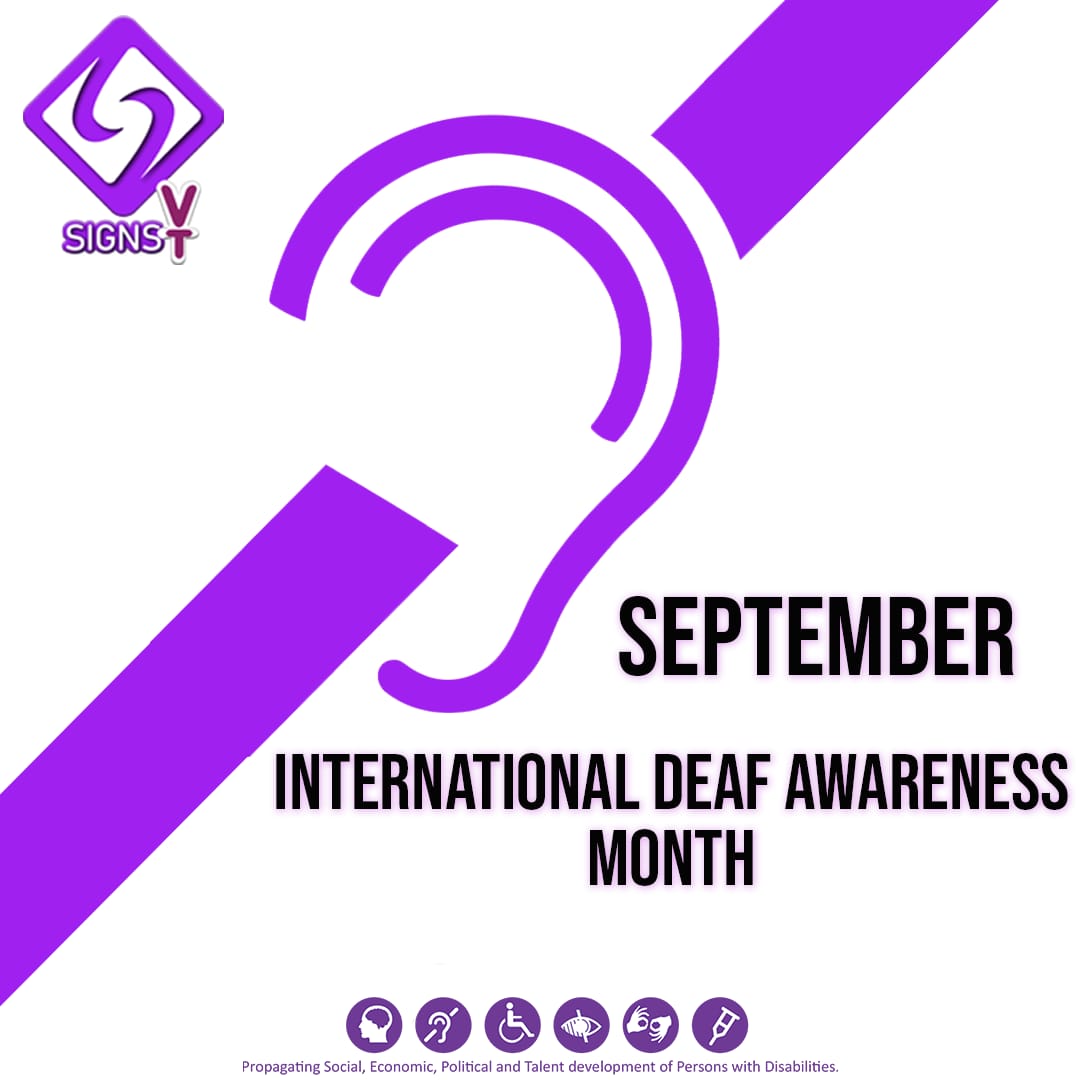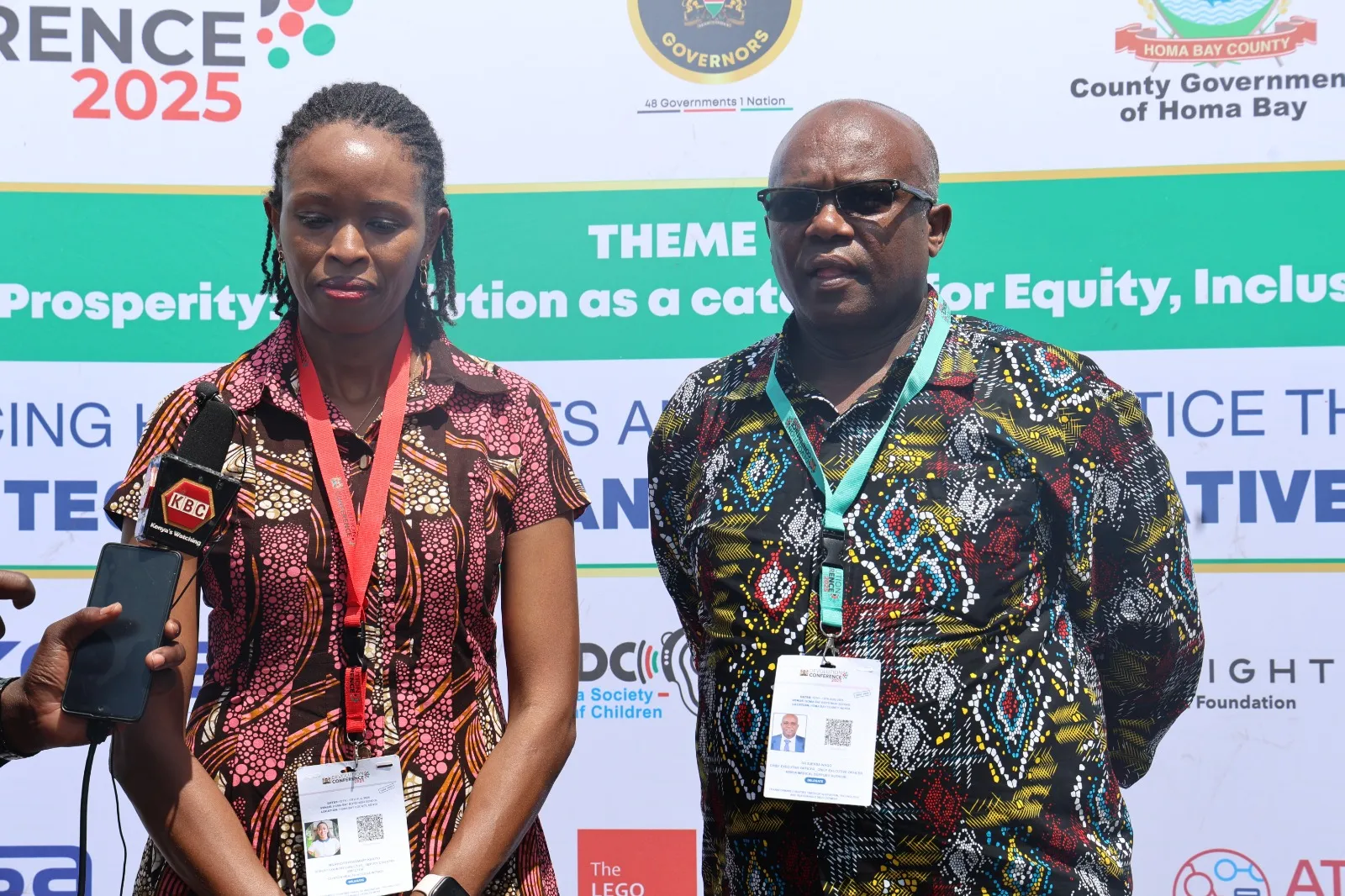How Would You Describe Persons With Disabilities?
Guidelines for Writing and Referring to Persons with Disabilities
- Do not refer to a disability or condition unless it is crucial to your subject and relates to the full understanding of your listener or reader.
- Avoid portraying as superhuman the accomplishments of a person with a disability. This inadvertently implies that a person with a disability lacks or has very limited skills, talents, or unusual gifts.
- Do not use subjective terms such as afflicted with, victim of, troubled with, suffering from and so on. Such expressions convey negative connotations. It is preferable to use an expression such as a person who has (a specific disability).
- Avoid labeling persons and putting them in categories, as in the handicapped, the disabled, the deaf, the retarded, the learning disabled, and so on. Instead, use terminology such as: a person who has multiple sclerosis, people with disabilities, a person with deafness, and so on.
- Emphasize the individual not the disability. Rather than using terms such as disabled person, handicapped people, a crippled person, use terms such as people/persons with disabilities, a person with a disability, or a person with a visual impairment.
- Do not use subjective descriptors such as "unfortunate", "pitiful", or "sad" when describing people with disabilities. Emphasize abilities, for example, instead of saying John is confined to his wheelchair, use a positive expression of ability such as John uses a wheelchair. Or, Mary is partially sighted rather than Mary is partially blind.
- Avoid comparing a disability with a disease. Do not refer to a person with disability as a patient unless he/she is under medical care.
- It is preferable to use terms such as consumer or person with a disability rather than terms such as client. Do not minimize individual differences that distinguish one person with a disability from another with the same disability, by using a phrase such as garden variety (specific disability) to refer to an individual or group of individuals with similar disabilities.
9. As a service provider to people with disabilities, avoid using possessive generalizations such as my MRs, or our LDs. Expressions such as the people we serve with partial vision, the persons we serve with developmental disabilities, or the persons we serve who are differently abled, promote positive recognition of individuals.
Appropriate Terminology for Specific Disabilities
Listed below are preferred words that reflect a positive attitude in portraying disabilities:
Blind - Describes a condition in which a person has a loss of vision for ordinary life purposes. Generally, anyone with less than 10% of normal vision would be regarded as legally blind.
Visually Impaired - is the generic term preferred by some individuals to refer to all degrees of vision loss. Examples: boy who is blind, girl who is visually impaired, man who has low vision.
Burn Injury - Describes damage to the skin which permanently alters its appearance. Rather than say burn victim say burn survivor or person with a burn injury.
Hearing Impaired -Deafness refers to a profound degree of hearing loss that prevents understanding speech though the ear. Hearing impaired and hearing loss are generic terms used by some individuals to indicate any degree of hearing loss--from mild to profound. These terms include people who are hard of hearing and deaf. However, some individuals completely disfavor the term hearing impaired. Others prefer to use deaf or hard of hearing. Hard of hearing refers to a mild to moderate hearing loss that may or may not be corrected with amplification. Use woman who is deaf, boy who is hard of hearing, individuals or people with hearing loss.
Disability - General term used for a functional limitation that interferes with a person's ability for example, to walk, lift, hear, or learn. It may refer to a physical, sensory, or mental condition. Use as a descriptive noun or adjective, such as person living with AIDS, woman who is blind. or man with a disability. Impairment refers to loss or abnormality of an organ or body mechanism, which may result in disability.
Handicap - Not a synonym for disability. Describes a condition or barrier imposed by society, the environment, or by one's own self. Some individuals prefer inaccessible or not accessible to describe social and environmental barriers. Handicap can be used when citing laws and situations but should not be used to describe a disability. Do not refer to people with disabilities as the handicapped or handicapped people. Say the building is not accessible for a wheelchair-user. The stairs are a handicap for her.
Head injury - Describes a condition where there is long-term or temporary disruption in brain functioning. Use persons with head injury, people who have sustained brain damage, woman who has sustained traumatic brain injury, or boy with a closed head injury.
Mental Illness/Mental Disability - Describes a condition where there is loss of social and/or vocational skills. Do not use mentally deranged, crazy, deviant. Mental disability describes all of the recognized forms of mental illness, severe emotional disorder, or mental retardation. Terms such as neurotic, psychotic, and schizophrenic should be reserved for technical medical writing only. Use man with mental illness, woman with a mental disorder.
Non-disabled - Appropriate term for people without disabilities. The terms normal, able-bodied, healthy, or whole are inappropriate.
Seizure - Describes an involuntary muscular contraction, a brief impairment or loss of consciousness, etc. resulting from a neurological condition such as epilepsy or from an acquired brain injury. Rather than epileptic, say girl with epilepsy or boy with a seizure disorder. The term convulsion should be used only for seizures involving contraction of the entire body.
Spastic - Describes a muscle with sudden abnormal and involuntary spasm. Not appropriate for describing someone with cerebral palsy. Muscles are spastic, not people.
Special - Describes that which is different or uncommon about any person. Do not use to describe person with disabilities. (Except when citing laws or regulations).
Specific Learning Disability - Describes a permanent condition that affects the way individuals with average or above-average intelligence take in, retain and express information. Specific is preferred, because it emphasizes that only certain learning processes are affected.
Speech Disorder - Describes a condition where a person has limited or difficult speech patterns. Use child who has a speech disorder. For a person with no verbal speech capability, use woman without speech. Do not use mute.
Spinal Cord Injury - Describes a condition where there has been permanent damage to the spinal cord. Quadriplegia describes substantial or total loss of function in all four extremities. Paraplegia refers to substantial or total loss of function in the lower part of the body only. Say man with paraplegia, woman who is paralyzed.
Tags: Pwds
Related
Share this article
Unregistered Staff and Guest Writers: This account will no longer post articles. We appreciate your past engagement and invite you to stay connected with us!
View articles

